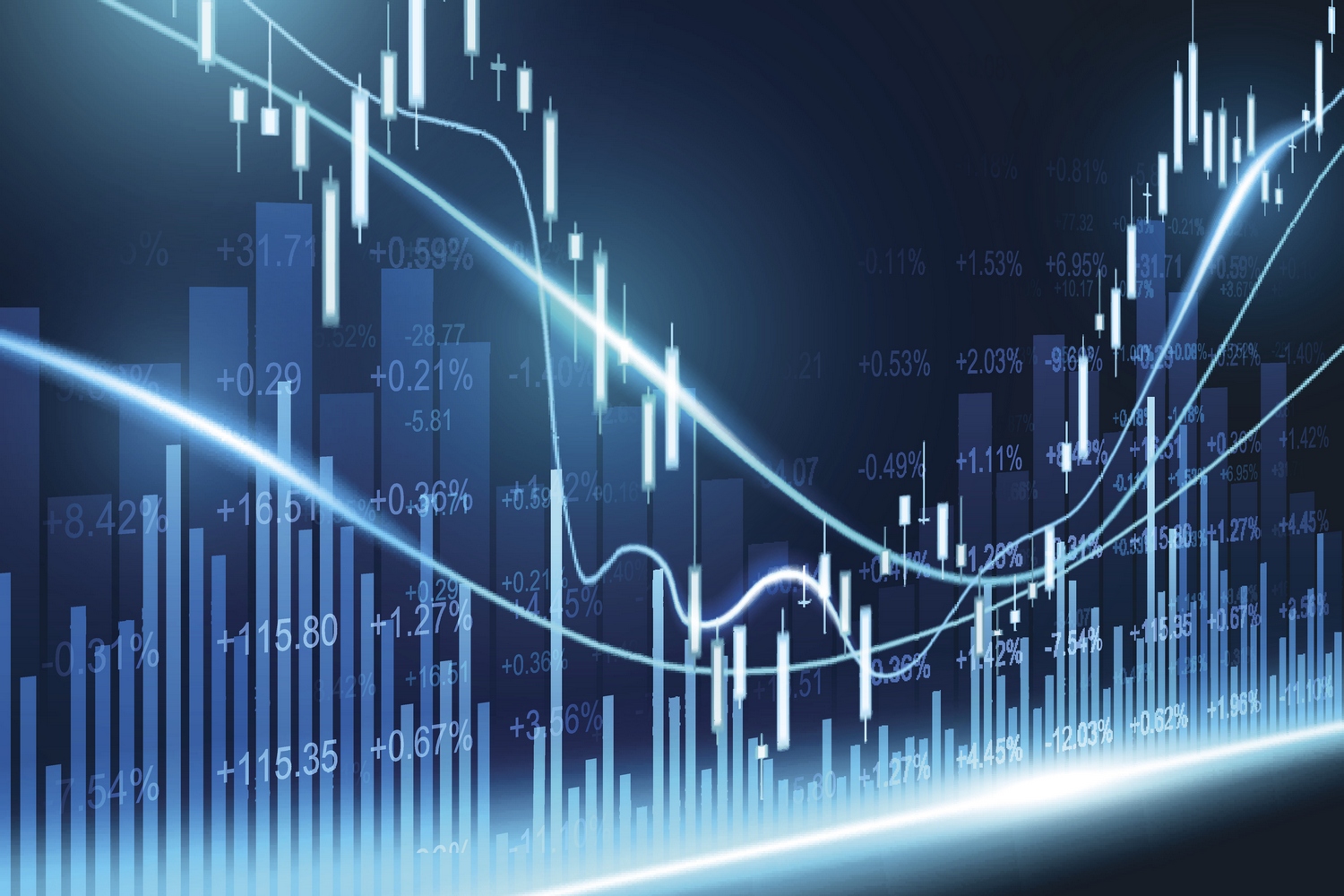The stock market influences some of the most fundamental economic decisions of investors, such as consumption, saving, and labor supply, through the financial wealth channel. A new IZA discussion paper by Corrado Giulietti, Mirco Tonin and Michael Vlassopoulos provides evidence that daily fluctuations in the stock market have sizeable spillover effects in an unrelated domain, namely driving. Using the universe of fatal road car accidents in the United States from 1990 to 2015, the authors find that a 1% reduction in daily stock market returns is associated with a 0.5% increase in the number of fatal accidents.
Correlation vs. causation
But is this a causal relationship or a simple correlation? Several tests point to a causal interpretation, with stock market negative performance triggering an increase in fatalities on the road. First of all, the relationship between stock market and accidents is present only when the stock market is actually open. Moreover, the relationship is present only for drivers that are most likely to participate in the stock market, based on the average income in their zip code, on their age, or on the type of car they drive.
The study finds that the effect is particularly strong between mid-1997 and early-2001, a period when stock market participation sharply increased. Data from the Survey of Consumer Finances show that, after a period of stability, households’ stock market participation increased from 28.8% in 1995 to its highest ever historical level of 34.1% in 2001.
Moreover, the authors do not find an association between stock market performance and causes of accidents like speeding or intoxication, while they do find an effect on reckless driving. In sum, their results are consistent with immediate emotions stirred by a negative stock market performance triggering irrational behavior, which in the context of driving leads to an increase in the number of fatal accidents. This poses a particular hazard to inexperienced investors, who are less likely to be used to the ups and downs of the stock market and may therefore overreact to short-term movements.
